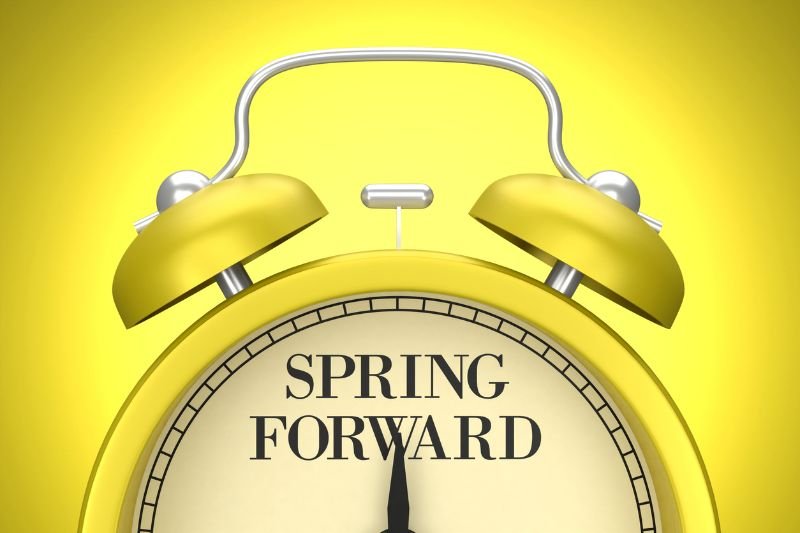From the desk of Rosemary Laird, MD
Founder of Navigating Aging Needs (NAN), LLC

The Body Keeps the Time!
You can’t hear it go “tick tock,” but scientists have found that your body has its own internal clock. Based on internal rhythms of light, hormones, and eating, your body is pretty good at settling into a roughly 24-hour cycle of wakefulness and sleep, even without clocks.

Don't Lose Sleep Over This!
As a caregiver for a loved one suffering from Alzheimer’s, it may sometimes feel as though your day is as rigorous as a medical student in training! Your loved one's illness may impact their sleep habits, too, and therefore make it difficult for you to get restful sleep. As we always promote here at NAN Navigator, it’s crucial for you to optimize your self-care in addition to caring for your loved one, and that includes both of you adhering to good sleeping habits.

Spring Forward!
Conceived of by Ben Franklin as a way to economize on candle burning, and first implemented nationally by Germany to save energy during World War I, the soon-to-arrive annual transition to Daylights Saving Time (DST) has been a controversial part of American life for more than half a century. For a caregiver treating a loved one with Alzheimer’s the drawbacks of the time shift can be even worse.

We Hear You!
Based on your great input, we've created some new offerings on NANforCaregivers.com that include tips for dealing with sleep disturbances, suggestions for activities for people with hampered vision, and recommended local services that may be able to help you with a variety of tasks.

